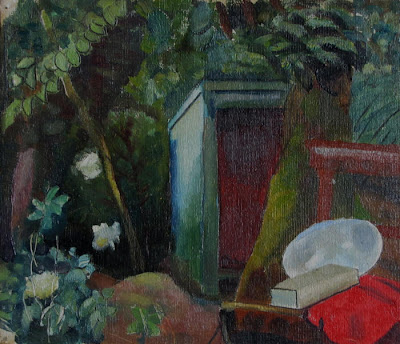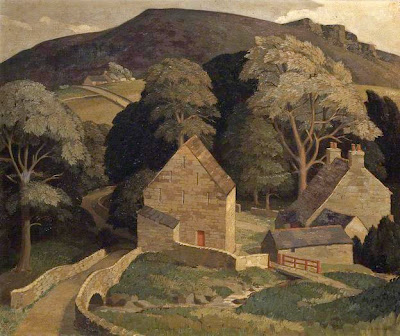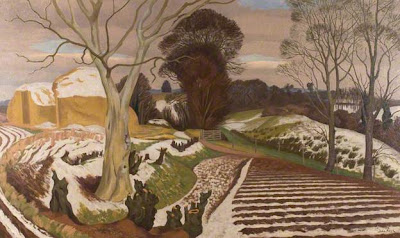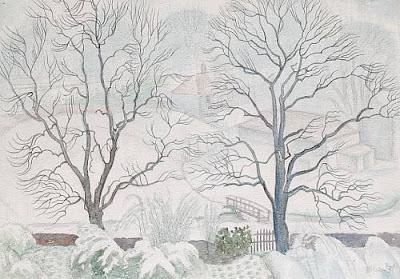They were also suspicious of the excesses of the Decadent poets of the Nineties. Absinthe and all that. As I have indicated on more than one occasion, I have a soft spot for the Nineties poets, whatever their excesses. This is simply a matter of mood.
The following poem by Arthur Symons -- a Decadent -- is higher-strung than "The Hounds." The recurrent "woe-is-me" emotional tenor of the Nineties poets is definitely in evidence. It is certainly a different sort of poem from "The Hounds," but it has its own appeal. The sea haunts in many different fashions.
Johan Christian Dahl, "Krinborg Castle by Moonlight" (c. 1849)
The Crying of Water
O water, voice of my heart, crying in the sand,
All night long crying with a mournful cry,
As I lie and listen, and cannot understand
The voice of my heart in my side or the voice of the sea,
O water, crying for rest, is it I, is it I?
All night long the water is crying to me.
Unresting water, there shall never be rest
Till the last moon droop and the last tide fail,
And the fire of the end begin to burn in the west;
And the heart shall be weary and wonder and cry like the sea,
All life long crying without avail,
As the water all night long is crying to me.
Arthur Symons, The Loom of Dreams (1901).
Johan Christian Dahl, "View from Vaekero near Christiania" (1827)
In fact, Symons could operate at a less emotionally-intense level when he wanted to. I suspect that it depended upon whether he was in the throes of a romantic and/or religious crisis.
Sea Twilight
The sea, a pale blue crystal cup,
With pale water was brimmed up;
And there was seen, on either hand,
Liquid sky and shadowy sand.
The loud and bright and burning day,
Charred to ashes, ebbed away;
The listening twilight only heard
Water whispering one word.
Arthur Symons, The Fool of the World and Other Poems (1906).
Johan Christian Dahl, "Copenhagen Harbor by Moonlight" (1846)






































